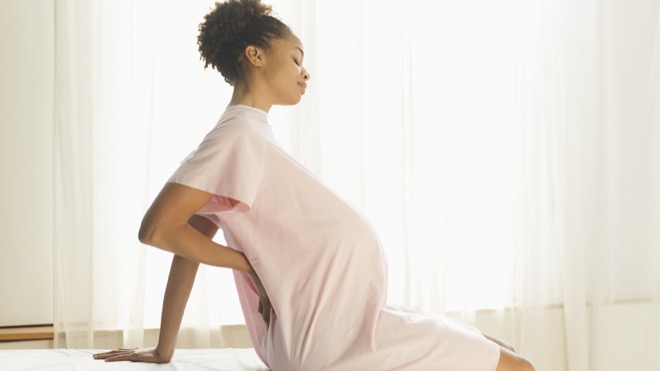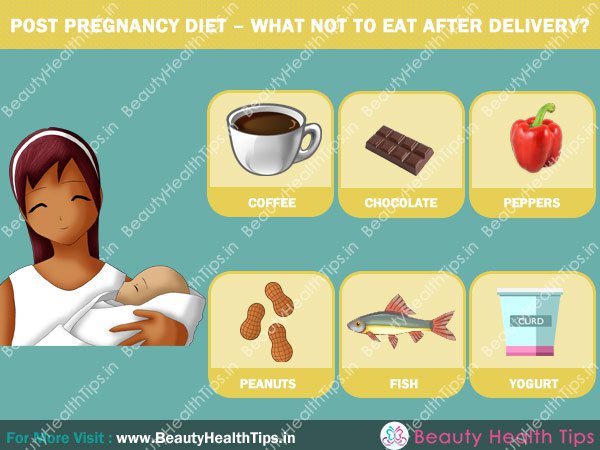If you are experiencing any degree of back pain during your pregnancy, it is not a wise idea to take it for granted. If unaddressed, pain during pregnancy can have very negative effects on their daily lifestyles, hamper with their work and can make the delivery process difficult. These types of pain can cause problems that persist after delivery as well. Though it is quite common during pregnancy, it is important to know that it is not just a part of the process. In order to make the pregnancy a smoother and more pleasant experience, it should be addressed early on so that it is managed throughout the course of the pregnancy.
If you have lower back pain during your pregnancy for long periods of time, it can be a predictor for the presence of postpartum back pain in the mother. It is a key step to take notice of any pain quite early on and treated to ensure there is no continuation or recurring pain after the process. While it is common and prevalent amongst 50-80% of women, ranging in intensity, it generally occurs between the 5th-7th months with early onset cases of 8-12 weeks even. Any other pre-existing issues can put women at higher risks with added possibility of early onset during pregnancy.
Types of back pain in pregnancy
Back pain during pregnancy is generally divided into two categories.
- Lumbar region, also known as lower back pain
- Posterior region or pelvic pain
Lower back pain in pregnancy (Lumbar pain)
This type of pain is located generally at the lower back region in and above the waist at the middle of the back. This pain can be related to a kind of pain shooting into the leg/foot, which is known as sciatica. This is the type of pain commonly experienced by most people and is often found in people with more sedentary lifestyles and by engaging in one posture for long periods of time. There may also be some tenderness along the spine.
Pregnancy pelvic pain
This is more prevalent than lower back pain and is a deep-seated pain experienced just under and to the side of the waist and/or under the waist and across the tailbone on either sides, on one side or both.
Causes of back pain in pregnancy
There are a number of causes that can lead to the development of back pain during pregnancy. These include,
The Top 5 causes of back pain in Pregnancy
Weight gain
During the course of the pregnancy, women gain 25-35lbs, which has to be supported by the spine. This can lead to cases of lower back pain. Since the baby is growing, the weight also has to be supported by the spine, which can lead to lower back pain. This also leads to pressure on blood vessels and the nerve endings in the back and the pelvis region.
Change in posture
Since the process of pregnancy shifts the gravity center of the body, which leads to people having to adjust their posture accordingly as well as how they move. This can be a factor resulting in back pain.
Hormonal changes
The duration of pregnancy is a time of major changes in the hormonal system of the body. The body produces a hormone that is known as relaxin, which is linked to helping the ligaments present in the pelvic area to loosen and helps the joints to relax to ensure that the process of giving birth is smoother. This hormone also causes ligaments supporting the spine to relax causing an imbalance which can lead to pain.
Muscle separation
Since the uterus has to expand to accommodate the growing baby in your belly, the two sheets of muscles that run parallel from the rib cage extending down to the pubic bone may get separated along the central seam, which can deepen and worsen back pain issues.
Stress
Surprisingly, stress can be a major factor in the development of tension in muscles of the back which is experienced as spasms or pain in the region.
With regular exercising, application of heat and cold presses, straightening the posture, counseling, acupuncture and chiropractic processes that can help to reduce stress on the spine, it is possible to treat these issues early on to prevent the development of any chronic post-partum pain later on.





